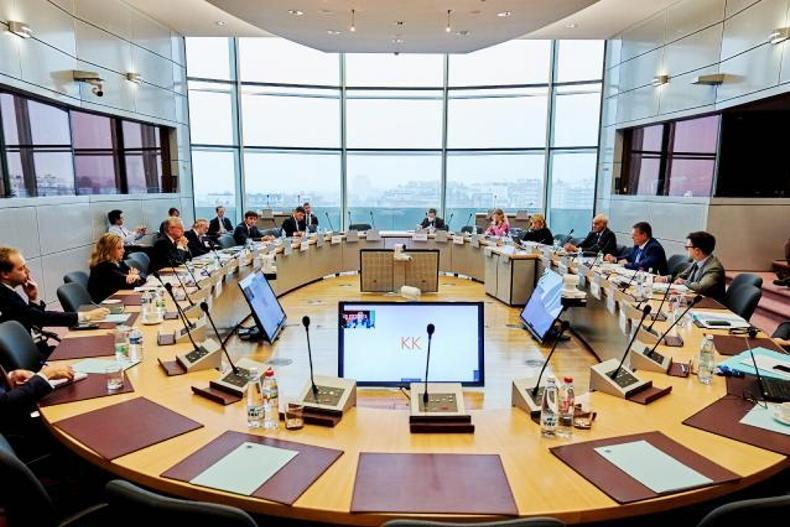After claiming the high moral ground on Brexit since the UK voted to leave in 2016, the EU briefly decided last Friday to put its interests first and disregard the agreement reached on Northern Ireland (NI).
Thankfully, following intervention by the Irish and UK governments, a swift U-turn was performed and no operational damage was caused.
However, there has been reputational and relationship damage, which will take time to rebuild - but this isn’t impossible.
UK cabinet Minister Michael Gove MP perhaps put it best following a discussion he had with European Commission vice-president Maroš Šefcovic when he said they both agreed they needed a reset following the weekend’s events.
The need to suspend inspections at NI ports this week because of threats to workers is also a reminder of the sensitivities around trade agreements that are perceived to have a constitutional dimension.
Functioning but with difficulties
Notwithstanding these more recent difficulties, trade and commerce between Britain and NI had been functioning.
It hasn’t been as seamless as it was previously when the UK was part of the EU single market and customs union, but it was never going to be.
However, where exporters, importers and hauliers are familiar with and apply the new rules for doing business, then transactions have been continuing in a reasonably satisfactory manner.
Large businesses with big consignments of one product per container are functioning best.
That said, small traders and retailers are struggling with the bureaucracy and it appears there are doubts about some supply chains from Britain to NI surviving once the derogation ends.
This is where the implementation of the protocol by the EU and UK has to explore how they can assist.
Delivering EU controls
The EU rightly has robust checking procedures for goods entering the EU, as once they have been cleared they are free to circulate in the single market that is 27 countries.
NI is unique, in that while it is no longer part of the EU by being part of the UK, the UK government has accepted it remaining aligned with EU standards and agreeing to undertake inspections required by the EU.
This has required flexibility by the UK government in facilitating this and it would be good if the EU could explore flexibilities that de-escalated frustrations in doing business between Britain and NI.
Revisit NI-only goods
Supply chains with retailers or other customers in NI that can demonstrate that their goods only circulate in NI could be a starting point.
Products with a large sticker for consumption in NI only are most unlikely to be reworked on a commercial basis for onward distribution in the wider EU, as such a fraud simply isn’t commercially viable.
A permanent arrangement would be preferable, but, at a minimum, a derogation of a year would enable alternative supply arrangements to be made.
Equally, it would create the transition window necessary for suppliers in UK to get into a position to comply.
Pragmatism
The skill in making the bespoke arrangement work in NI lies in both the EU and UK being pragmatic enough to have sufficient controls to maintain the integrity of the EU single market without being obsessive about the minutiae.
With the UK no longer part of the single market or customs union, farmers are best served with a seamless border on the island of Ireland and rules that enable trade across it continue as it was before.
That requires controls being imposed on trade between Britain and NI and finding a way to make these as unobtrusive as possible is key to making that work long term.
The reset referred to by Michael Gove MP sounds like a good place to start.






 This is a subscriber-only article
This is a subscriber-only article










SHARING OPTIONS: